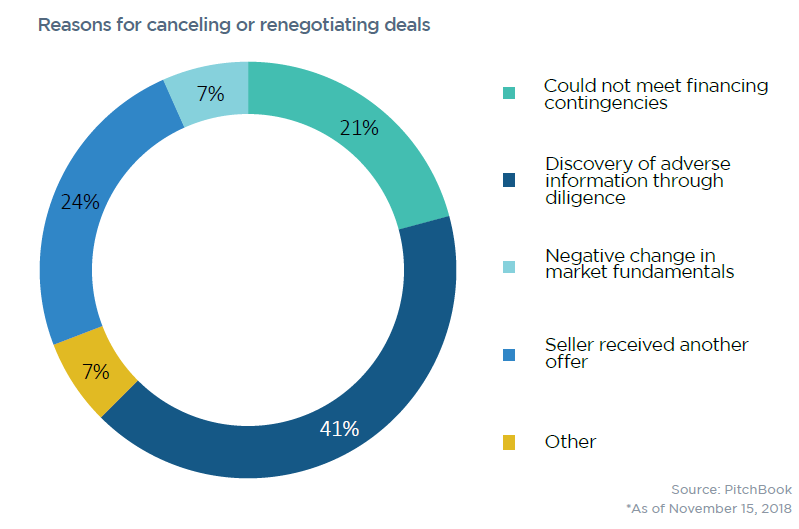The way Maryellis Bunn tells it, it all began because she was a bored millennial in New York with nothing to do. All the real museums were dry, stodgy, stuck in the 20th century. Bunn decided that a new generation, one that increasingly wants to spend its money on documentable experiences rather than things, needed a new kind of cultural space.
And thus was born the Museum of Ice Cream. What is it? It’s not a museum, and there’s sometimes only a tangential relationship to ice cream. One way to describe the Museum of Ice Cream is as an Instagram-friendly series of art installations designed as a surreal maze of interactive, hyper-visual exhibits—like a giant pool of sprinkles or a room with technicolor popsicles melting from the walls. Another is that it’s a confectionery millennial fever dream, like if you dropped acid before touring the Ben & Jerry’s factory.
Either way, since Bunn and co-founder Manish Vora launched the first Museum of Ice Cream in New York in 2016, the pop-up experiences have become a cultural phenomenon, selling out stints in Los Angeles, San Francisco and Miami in the blink of an eye and drawing visits from celebrities like Beyoncé and Kim Kardashian. And now, Bunn and Vora are capitalizing on that buzz in a serious way: On Wednesday, they launched a new parent company for the Museum of Ice Cream called Figure8, unveiling $40 million in Series A funding at a $200 million valuation. Elizabeth Street Ventures and Maywic Select Investments led the round, with OCV Partners also participating.
Figure8, it seems, will both build on the existing Museum of Ice Cream and expand the ideas behind the pop-up experience into other realms. It plans to open a new Museum of Ice Cream location each quarter, Vora said in a press release announcing the deal. But Figure8 was also created to help respond to what Vora described as “an overwhelming amount of requests from companies asking us to design branded experiums for them.” Corporations want to get in on a concept that’s entranced the prized under-25 demographic.
From the outset, expansion seems to have been in the cards. During a 2017 interview with New York magazine, Bunn (who’s now 27) toured the Museum of Ice Cream’s San Francisco location with reporter Anna Wiener. Afterward, when asked what her “ultimate dream” was, Bunn’s reply was illuminating: “I want to be the next Disney. I could take all of those different installations that we just went through, and I could build them out into city blocks. It would be my Heaven. Could you imagine?”
In its headline accompanying the story, New York described Bunn as “The Millennial Walt Disney.”
The runaway success of the Museum of Ice Cream—it claims more than 1.5 million visitors across its current and prior locations—has inspired a spate of imitators eager to get in on the experience game. In the Big Apple, you can visit the Rosé Mansion, which puts a wine-flavored twist on the idea. There’s also Candytopia, a Wonka-esque space filled with candy-inspired artwork and installations that’s currently touring the US. Its answer to the Museum of Ice Cream’s sprinkle pool is a pit full of marshmallows.
And now, with the creation of Figure8, it seems like more colorful pop-ups with eye-catching concepts designed to pile up the likes on social media may be on the way.
Read More – www.pitchbook.com
.jpg)

